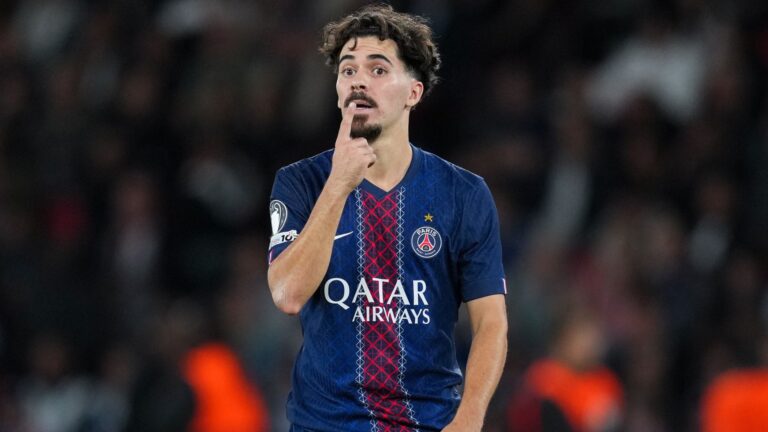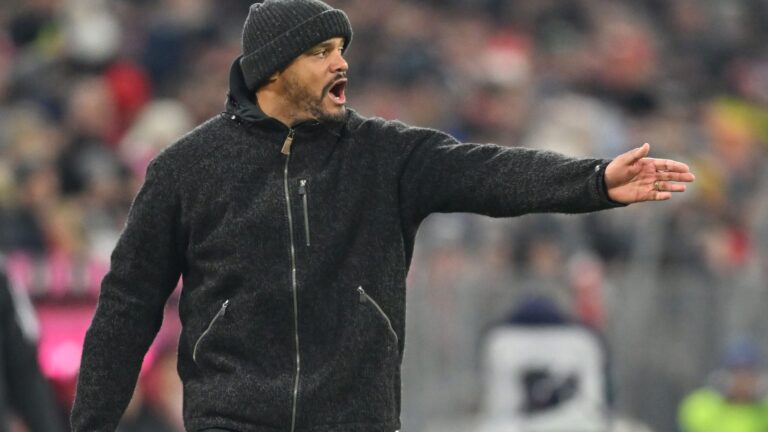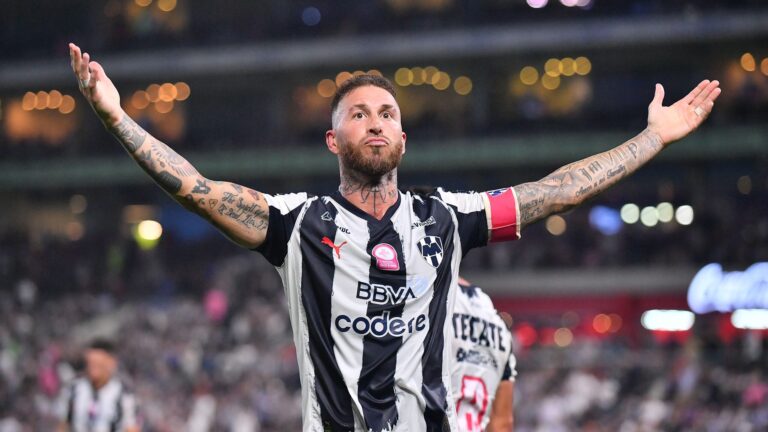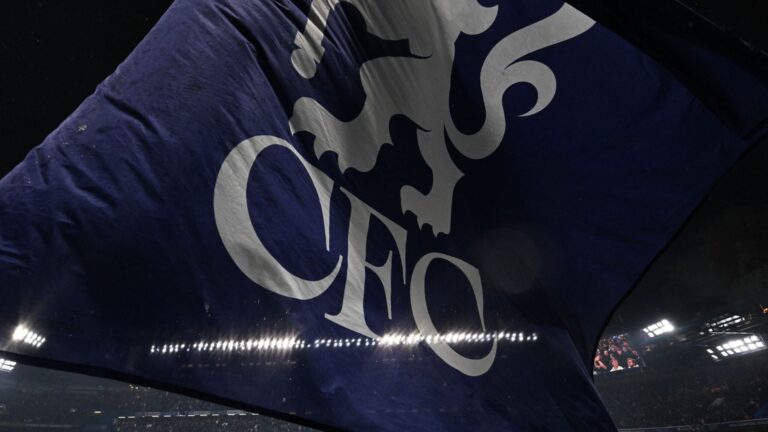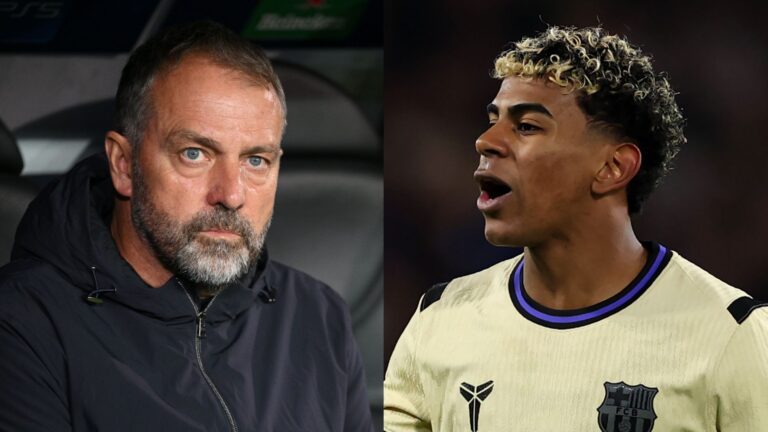Real Madrid Triumphs in Pivotal Privacy Lawsuit Over Unauthorized Audio Leaks
In a groundbreaking legal success, Florentino Perez, the influential president of Real Madrid, has emerged victorious as Spain’s Supreme Court confirmed a prior judgment against the news outlet El Confidencial and its editor, Ignacio Cardero. Real Madrid, Florentino Perez, and the issue of unlawfully leaked recordings stand at the heart of this controversy, which originated from the 2021 disclosure of private audio files captured secretly years earlier without consent. These files unveiled Perez’s straightforward and pointed critiques of prominent figures in football, such as referring to Cristiano Ronaldo as misguided, branding Iker Casillas and Raul as the most deceptive players, and labeling former manager Jose Mourinho as foolish, alongside other revelations.
- Spain’s Supreme Court delivers conclusive verdict opposing El Confidencial
- Dispute arises from unauthorized audio leaks dating back to 2021
- Court concludes that the outlet’s objective was to tarnish and damage Perez’s reputation



The Underlying Motives and Court Analysis in the Florentino Perez Case
The Supreme Court’s judgment went beyond the mere details of the recordings, focusing instead on the underlying agenda of El Confidencial. Judges asserted that the publication overstepped journalistic limits, claiming its aim was not to deliver factual insights but to erode the standing of Florentino Perez Rodríguez. This was interpreted as deliberate character assassination, which falls outside the protections of media rights. Perez had linked the release to backlash from the failed 2021 European Super League initiative, where his role drew significant criticism, suggesting the leaks served as targeted retaliation.
Progression Through Spain’s Judicial System
This outcome marks the end of an extensive court process involving multiple levels of Spain’s judiciary, including the Madrid Court of First Instance, the Provincial Court, and ultimately the Supreme Court, all siding with Perez. As a result, El Confidencial and Cardero are now prohibited from distributing the recordings indefinitely, preventing any future sharing or replication. They are also required to publicize the court’s decision in key Spanish media outlets like Marca, As, and El Pais, as well as their own platforms, within a 15-day window. The awarded damages are nominal at just €1, with the defendants responsible for all legal expenses, emphasizing the symbolic nature of the victory.
Implications for Media Practices and Privacy Protections
Moving forward, this ruling could significantly alter how news organizations approach the use of covertly obtained content, encouraging greater scrutiny before publication. In light of recent developments, such as a 15% rise in privacy-related lawsuits in European courts over the past year, public personalities like Perez now possess stronger defenses against the exploitation of personal discussions for harmful purposes. This shift highlights a broader trend where individuals in the spotlight can leverage legal safeguards to maintain their integrity, drawing parallels to ongoing cases in digital media ethics that underscore the balance between transparency and personal rights.
Broader Impact on Journalism and Public Figures
Ultimately, this decision may deter outlets from recklessly publishing sensitive materials, fostering a more cautious environment. With emerging statistics showing that over 20 similar privacy disputes have been filed in Spain since 2023, it represents a evolving landscape where figures like Perez can effectively shield their private exchanges from being weaponized, promoting a healthier dynamic between media freedom and individual protections.
Background of the Lawsuit
Real Madrid’s legal battle against a media outlet over the leaked recordings of club president Florentino Pérez has captured global attention, highlighting issues of privacy rights and unlawful intrusion in the digital age. The controversy began when private conversations involving Pérez were illicitly obtained and published, leading the club to file a lawsuit seeking €1 in symbolic damages. This case underscores the growing concerns around unauthorized access to personal communications, especially for high-profile figures in the sports world.
Keywords like “Real Madrid lawsuit” and “Florentino Pérez recordings” have dominated discussions, as they reflect the club’s commitment to protecting its leadership from invasive tactics. The media outlet in question faced accusations of breaching privacy laws by using illegally acquired audio, which allegedly included sensitive discussions about club operations and player transfers.
Timeline of Events
To fully grasp the “Real Madrid prevails in €1 lawsuit” scenario, let’s break down the key events in a clear timeline:
- Initial Leak Discovery: In 2020, recordings of Florentino Pérez’s private phone calls surfaced online, purportedly leaked by hackers. These recordings quickly spread across media platforms, drawing scrutiny to Real Madrid’s internal affairs.
- Legal Action Initiation: Real Madrid responded swiftly in 2021 by filing a lawsuit against the media outlet, accusing them of unlawful intrusion and violating Spanish data protection laws. The club emphasized that the leak was not only a privacy breach but also an attempt to damage their reputation.
- Court Proceedings: Over the next two years, the case moved through Spanish courts, with experts testifying on the ethics of publishing leaked content. Real Madrid argued that the recordings were obtained through illegal means, such as hacking or espionage.
- Final Ruling: In a landmark decision earlier this year, the court ruled in favor of Real Madrid, awarding the club €1 in damages. This symbolic amount highlighted the principle of justice over financial gain, reinforcing the message that privacy violations will not be tolerated.
This timeline illustrates how cases like the “Florentino Pérez recordings” can evolve from a simple leak to a major legal showdown, serving as a cautionary tale for media ethics.
The Court Decision and Its Details
The court’s decision in the Real Madrid lawsuit marked a significant victory for privacy advocates. Judges determined that the media outlet’s publication of the recordings constituted an “unlawful intrusion” under European Union data protection regulations, specifically the General Data Protection Regulation (GDPR). This ruling emphasized that even public figures like Florentino Pérez deserve protection from invasive practices.
Key aspects of the verdict included:
- Symbolic Damages: The €1 award was intentional, signaling that the case was about upholding ethical standards rather than seeking hefty compensation. This approach has been praised in legal circles for deterring similar violations.
- Injunctions Imposed: The court ordered the media outlet to remove all leaked content and cease any further dissemination, preventing ongoing damage to Real Madrid’s image.
- Precedent Setting: This outcome could influence future “Real Madrid lawsuit”-type cases, potentially leading to stricter guidelines for handling leaked materials in sports journalism.
By focusing on the breach’s impact, the decision provides valuable insights into how privacy laws are evolving to address digital threats.
Implications for Privacy and Media Ethics
The Real Madrid case has far-reaching implications, particularly in the intersection of sports, media, and privacy rights. It serves as a reminder that unauthorized leaks, such as those involving “Florentino Pérez recordings,” can lead to severe legal consequences for media outlets.
This victory highlights several broader effects:
- Strengthened Privacy Protections: High-profile entities like Real Madrid are now more empowered to combat cyber intrusions, encouraging other organizations to prioritize data security.
- Media Accountability: Outlets must exercise greater caution when dealing with leaked content, potentially leading to self-imposed ethical guidelines in journalism.
- Impact on Sports Industry: Teams and athletes may see increased lawsuits over privacy breaches, fostering a culture of respect for personal communications in the high-stakes world of football.
Understanding these implications can help readers stay informed about ongoing debates in “unlawful intrusion” cases.
Practical Tips for Protecting Privacy
While the Real Madrid lawsuit offers a win for privacy, individuals and organizations can take proactive steps to safeguard against similar risks. Here are some actionable tips to enhance your digital security:
- Use Encrypted Communication Tools: Opt for apps like Signal or WhatsApp with end-to-end encryption to protect conversations from hackers, much like what might have prevented the “Florentino Pérez recordings” leak.
- Implement Strong Access Controls: Regularly update passwords and enable two-factor authentication for all devices and accounts to reduce vulnerability.
- Monitor Online Presence: Conduct periodic audits of your digital footprint and set up alerts for unauthorized data breaches.
- Educate on Legal Rights: Familiarize yourself with local privacy laws, such as GDPR in Europe, to know when to pursue legal action against intrusions.
- Work with Cybersecurity Experts: For organizations, partnering with professionals can help develop robust defenses, drawing lessons from Real Madrid’s experience.
These tips not only apply to celebrities but also to everyday users, making privacy protection more accessible.
Similar Case Studies
Exploring other instances of privacy breaches can provide context to the Real Madrid victory. For example:
- The Panama Papers Leak: In 2016, a massive data breach exposed financial secrets, leading to lawsuits against media outlets for handling sensitive information without consent. This case shares parallels with the “Real Madrid lawsuit” in terms of ethical publishing dilemmas.
- Celebrity Phone Hacking Scandals: High-profile figures like those in the British phone-hacking scandal involving News of the World faced similar intrusions, resulting in multimillion-euro settlements and reinforcing the need for media accountability.
These case studies demonstrate how “unlawful intrusion” patterns recur across industries, offering lessons on the importance of vigilance and legal recourse.


